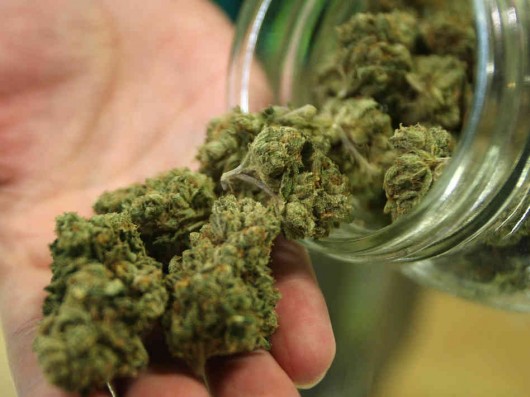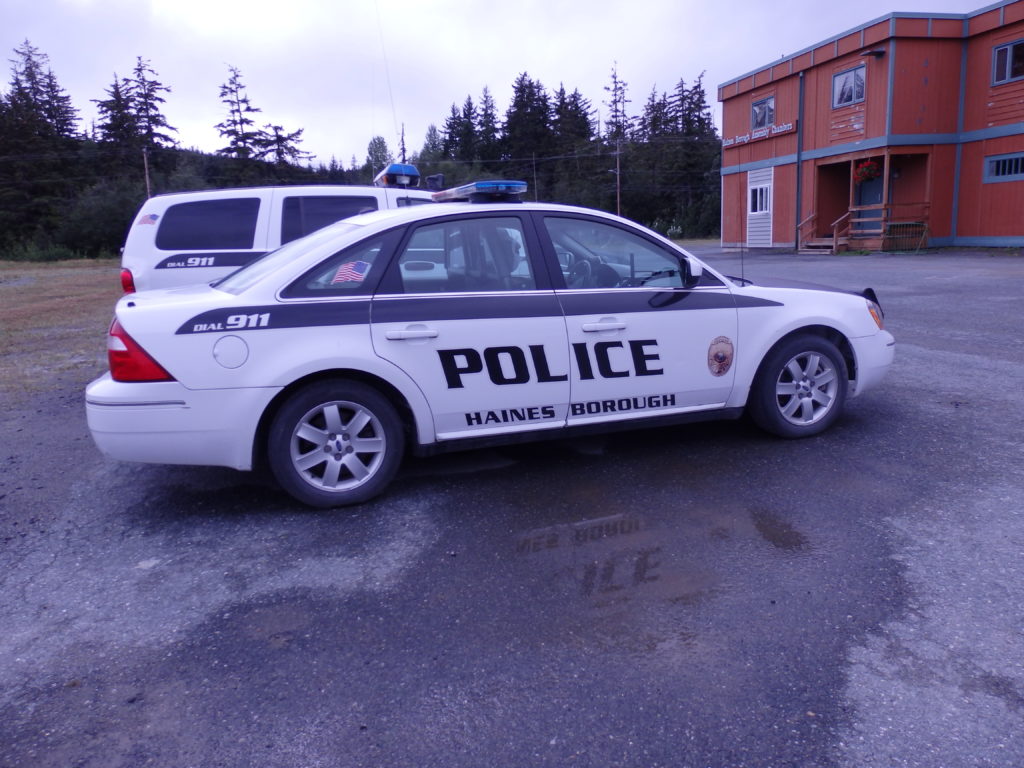
National Public Radio image.
Haines voters shot down a proposal to implement a special sales tax on alcohol but approved a new sales tax on marijuana.
Currently, the borough collects a 5.5 percent tax for sales that take place in the townsite. This year voters were asked if they supported adding an additional 2 percent tax on sales of alcohol and marijuana.
Stephanie Scott is an assembly member who serves on the Haines Borough Finance Committee. She says she wasn’t surprised that voters didn’t approve the sales tax on alcohol. Alaska has one of the highest taxes on alcohol in the nation.
“What surprises me is the tax on marijuana,” Scott says. “I don’t quite get the reason for that tax.”
Assembly member Brenda Josephson, who also serves on the finance committee, says that taxation was part of the attraction to legalizing recreational marijuana statewide in the first place.
“When the marijuana was being voted on in our valley a lot of the conversation was about the benefit of taxing it. I think that there was an acceptance of taxing that,” Josephson says.
The state has already taken advantage of marijuana taxes. Right now cultivators in Alaska pay a tax of 50 dollars per ounce to the state. Last year the tax brought in over $11 million in revenue.
Jason Adams is the owner of Winter Greens, the only marijuana retailer in Haines. He says he had always anticipated paying some sort of municipal tax on marijuana.
“I think the marijuana tax passing was part of the plan and that it’s part of our community responsibility. It was our turn. I feel good about it,” Adams says.
The borough has been trying to figure out how to tax marijuana for some time. In 2017, the borough adopted an excise tax on sales between growers and retailers. But that was scrapped before any tax was collected due to concerns that local growers would be at a disadvantage compared to growers outside the borough who wouldn’t have to pay the tax.
After the excise tax was eliminated, assemblyman Tom Morphet proposed that the borough ask voters if they support a 2 percent sales tax on marijuana and alcohol instead.
Adams says he prefers the sales tax to the excise tax and doesn’t think it will harm his business.
“I don’t think it will affect business in any way,” Adams says. “It was a very reasonable increase in tax and our borough chose very wisely in the amount and the plan to work with our business that is new and growing. Apparently the majority voted yes.”
There has been some disagreement about how the money should be spent. As it stands, revenue raised by the sales tax on marijuana will go to the borough’s general fund. Josephson says she would like to see the money allocated elsewhere.
“I would have liked the funds to have gone into use for specific education or some type of restricted fund we are using for public benefit.”
Josephson says the allocation of the tax to the general fund is not set in stone. The assembly could vote to direct the money elsewhere in the future. Morphet and Scott said they would like to see the funds dedicated to work that reduces the negative impact of drugs and alcohol on the community.
It is not yet clear what the timeline is for implementing the new tax.








